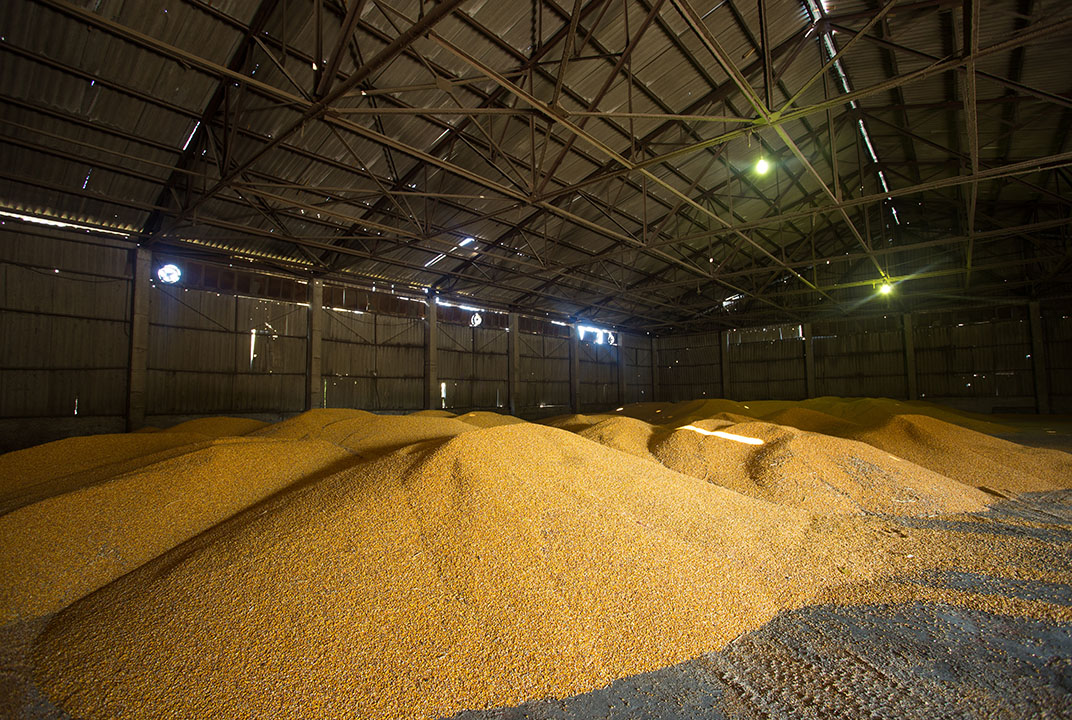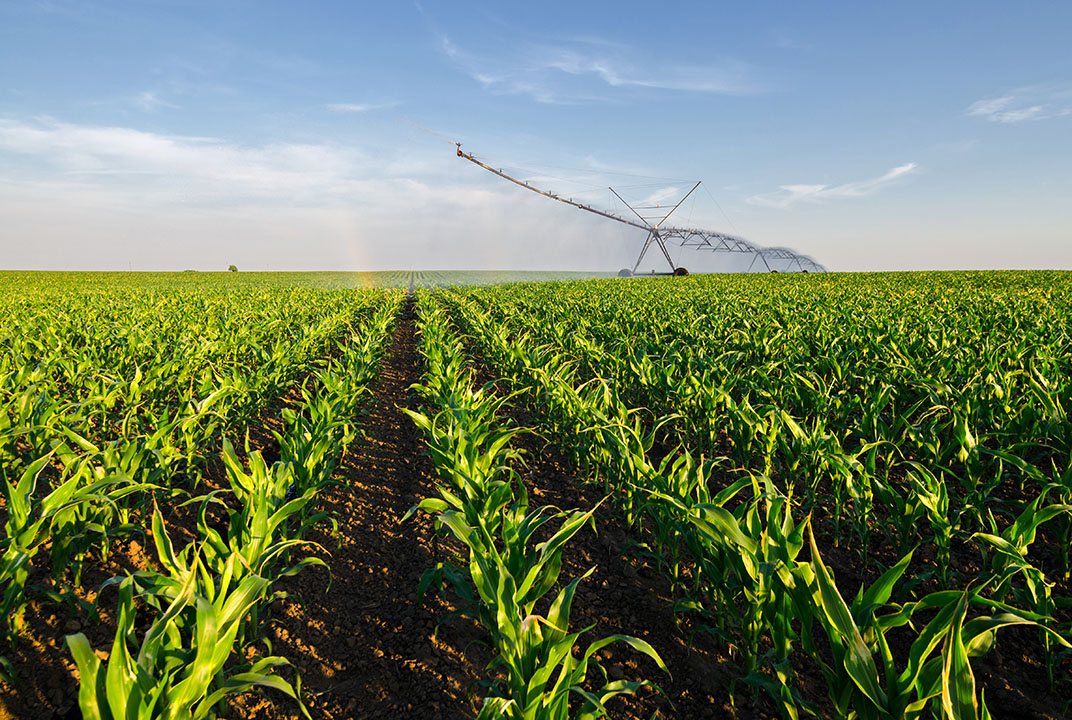IoT is accelerating the globalisation of food production and processing, say Inmarsat
The use of IoT for environmental monitoring is helping businesses meet import requirements in more countries than ever.
A new Internet of Things (IoT) research study from Inmarsat (LSE:ISAT.L), the world’s leading provider of global mobile satellite communications, has found that agritech businesses are helping many food producers to meet increasingly stringent import requirements by monitoring production, food hygiene, and sustainability through the use of IoT. This will accelerate the globalisation of food production by enabling developing country food producers to export to developed economies, where these regulations originate from.
Both the United States and the European Union (EU) have been raising import standards as concerns about sustainable and safe food production gather pace by, for example, imposing new traceability standards on fish imports. 49 per cent of agritech respondents in Inmarsat’s IoT in Enterprise 2017 report ranked monitoring and improving health and safety due to industry and government regulation requirements as the main priority in the deployment of IoT applications for the agricultural sector.
Environmental monitoring was the second most important reason for the development of IoT solutions, further reinforcing the importance of regulatory demands in driving the adoption of IoT in many sectors.
IoT sensors can help the industry keep track of their produce from farm to fork, ensuring import standards are adhered to, regularly monitored and never breached. This ability to track food through the whole supply chain is opening up new markets – particularly in the EU and US – for agribusinesses based in the developing world.
Paul Gudonis, President, Inmarsat Enterprise, commented on the significance of IoT in agriculture: “Consumers are becoming more conscious of where their food is coming from and how this is impacting their environment and carbon footprint, whilst also developing a taste for organic and ethically sourced produce. With government environmental standards reinforcing these trends and becoming more stringent, environmental, social and financial sustainability is now at the top of the agricultural agenda. This creates a framework of complex standards and regulations, many of which present logistical and operational challenges for the agritech industry.
“Inmarsat is working with a variety of agritech companies globally to improve supply-chain efficiencies, particularly in locations where satellite plays a key part in the connectivity mix. We are seeing food producers rising to the challenge by deploying technology to improve traceability and increase visibility over their operations, leading to access into the richest food markets as they are able to easily demonstrate compliance with these standards. Not only will this stand to enrich developing economies, it will also increase competition and lower prices in developed markets, while importantly conserving our precious natural resources,” concludes Gudonis.
You can view the microsite and download the full report here: http://research.inmarsat.com/
Further information
About Inmarsat
Inmarsat plc is the leading provider of global mobile satellite communications services. Since 1979, Inmarsat has been providing reliable voice and high-speed data communications to governments, enterprises and other organizations, with a range of services that can be used on land, at sea or in the air. Inmarsat operates around the world, with a presence in the major ports and centres of commerce on every continent. Inmarsat is listed on the London Stock Exchange (ISAT.L).
The Inmarsat press release newsfeed and corporate updates are on @InmarsatGlobal.
About Inmarsat Enterprise
Inmarsat Enterprise is enabling the connected world. Focusing on the provision of satellite connectivity and IoT solutions for land-based businesses, Inmarsat Enterprise operates globally across a diverse set of sectors including agritech, aid and NGO, energy, media, mining and transport.
Edward Dodge/Henri Attan
Spreckley
+44 (0)20 7388 9988
inmarsat@spreckley.co.uk
Jonathan Sinnatt
Director of Corporate Communications
+44 (0)20 7728 1935
press@inmarsat.com

